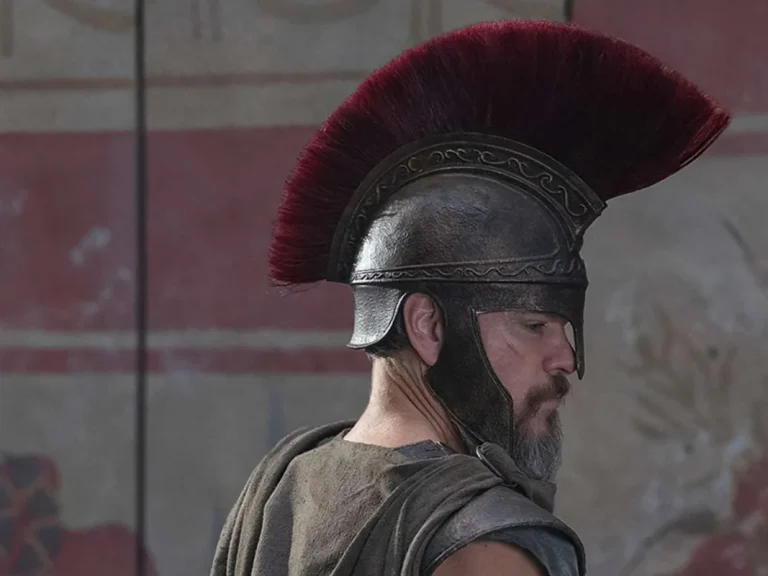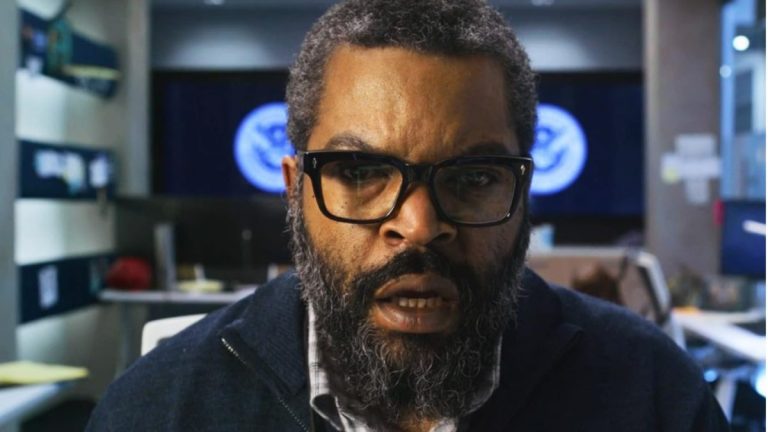After eight years away from the screen, Daniel Day-Lewis is finally making his much-anticipated return to acting, surprising fans who thought “Phantom Thread” (2017) would remain his swan song. The Oscar-winning actor’s exit from the industry was announced with formality, seen by many as his definitive farewell.
He cited a deep sense of exhaustion and a need to explore the world beyond film, leading to years of private reflection and a break from the public eye. During his retirement, Day-Lewis traveled, studied violin making, and tried to separate himself from the relentless attention that shadows public figures of his stature.
Yet behind these outward gestures was a lingering discomfort. Day-Lewis never fully resolved his unease with fame. He struggled with the idea of disappearing, feeling both privileged and burdened by his success. This complex emotional reality has always shaped his career choices, and ultimately, paved the way for his return.
His comeback, with the film “Anemone” directed by his son Ronan Day-Lewis, marks not just a break in silence but a touching collaboration between father and son—one that tells audiences the art, and the passion, were never truly gone.
Why Daniel Day-Lewis Left Acting?
Day-Lewis’s retirement announcement in 2017 sent shockwaves across the film world. It wasn’t the first time he’d stepped away—he famously took time off in the late ‘90s to learn shoemaking in Italy. In interviews since, he’s explained that the decision to stop acting often came from moments of “low ebb” and exhaustion, rather than a clear plan to quit forever.
After “Phantom Thread,” he felt drained and uncertain whether he would ever find the drive to tackle another role. The emotional toll of inhabiting demanding characters, combined with his aversion to public spectacle, made stepping back seem necessary.
However, Day-Lewis admits now that those public declarations of retirement were “grandiose nonsense” and perhaps premature, believing he should have kept his feelings private rather than make sweeping statements.
Must Check Out: 10 Best Daniel Day-Lewis Performances
The Journey Back: Family, Collaboration, and “Anemone”
The catalyst for Daniel Day-Lewis’s comeback was an opportunity both personal and creative: working alongside his son, Ronan. Together, they co-wrote “Anemone,” a moody family drama that explores fractured relationships, haunted legacies, and the strained bonds between father and son.
Day-Lewis stars as Ray Stoker, an isolated character living in northern England, opposite Sean Bean. The movie premiered at the New York Film Festival in October 2025, stirring conversation around its familial roots and atmospheric storytelling.
Day-Lewis explained in interviews that collaborating with Ronan was both deeply rewarding and a strong motivation for returning to film. He recalled feeling a “lingering sadness” at the thought of his son making movies without him, and the project helped reignite his passion for acting. The process was challenging, particularly the decision to re-enter the public sphere after such a long absence. Yet, working together gave purpose to his craft, making the experience far more meaningful.
Also Read: Anemone (2025) Movie Review: A Promising Debut Is Electrified By A Magnificent Lead Performance
The Method Actor’s Reflections and Insights
View this post on Instagram
Daniel Day-Lewis remains synonymous with method acting, his process becoming almost legendary for its rigor and immersion. In his latest interviews, he discussed how the label “method actor” has often become an “easy target.” He noted that the discipline is sometimes misunderstood, painted as eccentric or excessive, but for him, it remains grounded in the pursuit of authenticity and depth.
Day-Lewis described the work as nourishing, rather than debilitating, clarifying misconceptions about how demanding roles might leave him emotionally exhausted or in need of recovery. Despite hesitations, he’s found joy again in acting, especially within a project so close to his heart. He is candid about his struggles with fame and the intensity of public attention, but also open about the fulfillment acting still provides.
Looking Ahead: What Daniel Day-Lewis’s Return Means
The significance of Day-Lewis’s comeback extends beyond his individual journey. “Anemone,” shaped by family collaboration and emotional resonance, is already being hailed as an event for lovers of art-house cinema and psychological drama. Day-Lewis’s ability to transform a script through his presence alone remains unmatched, reaffirming his place among film’s enduring icons.
He has hinted that he’s “definitely thinking about” his next project, suggesting his creative energies have been truly rekindled by this experience with Ronan. For now, audiences are witnessing a rare and pointed reminder that Daniel Day-Lewis’s artistry, much like his retirement, is never absolute—and the possibility for new chapters is always alive.






